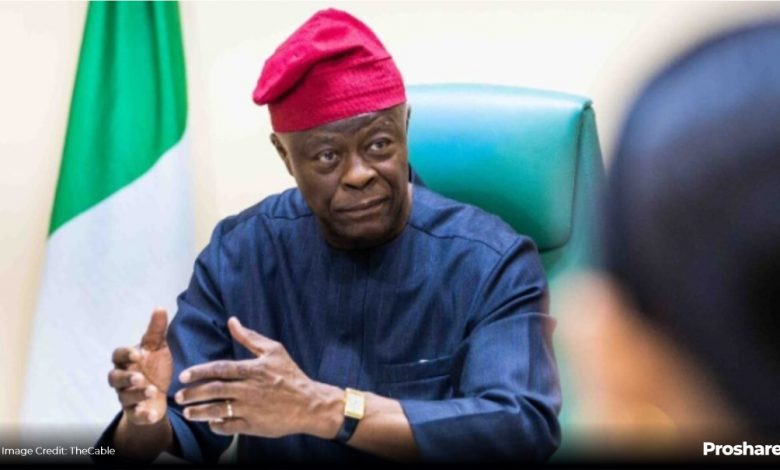Tinubu’s Two-Year Term: Economic Reforms Amidst Human Suffering

As President Bola Tinubu’s administration marks its second anniversary, the Nigerian economy remains a subject of intense debate. While the government touts progress, the human cost of its economic reforms cannot be ignored. Nigerians are grappling with soaring inflation, increased poverty, and a depreciating naira.
The statistics are alarming. Food prices have risen by over 80% since Tinubu took office, and transport fares have increased by 403.5% for interstate travel. The inflation rate stands at 35%, the highest in three decades. The naira has depreciated from N463/$1 in May 2023 to nearly N1,600/$1 in April 2025. Fuel prices have skyrocketed from N197/liter to N800-N900/liter.
Despite these challenges, the economy has shown some resilience, with a GDP growth rate of 3.4% in 2024. The government projects a moderation of inflation to 15% in 2025. However, the #EndBadGovernance Movement has criticized Tinubu’s administration, stating that the government’s “anti-poor and neo-liberal reforms” have devastated livelihoods and further weakened the nation’s struggling economy.
The performance of the finance minister has been a subject of debate. While the minister may have implemented policies that have attracted investments and stabilized the economy in some respects, the human cost of these reforms cannot be ignored. The minister’s policies have been criticized for being insensitive to the plight of ordinary Nigerians.
As Tinubu’s administration navigates its second term, it’s crucial to address the pressing concerns of Nigerians. The government must balance its economic reforms with measures to alleviate poverty and promote inclusive growth. The World Bank and IMF’s endorsement of Nigeria’s economic direction is a positive sign, but the real test lies in delivering tangible benefits to the masses.
The government must prioritize policies that benefit the most vulnerable members of society. This includes investing in social welfare programs, infrastructure development, and job creation initiatives. By doing so, the government can ensure that the economic reforms translate to improved living standards for all Nigerians.
In conclusion, while Tinubu’s administration has made some progress in implementing economic reforms, the human cost of these reforms cannot be ignored. The government must prioritize the welfare of its citizens and ensure that the benefits of economic growth are equitably distributed. Only then can the administration truly claim to be working in the best interests of Nigerians.




